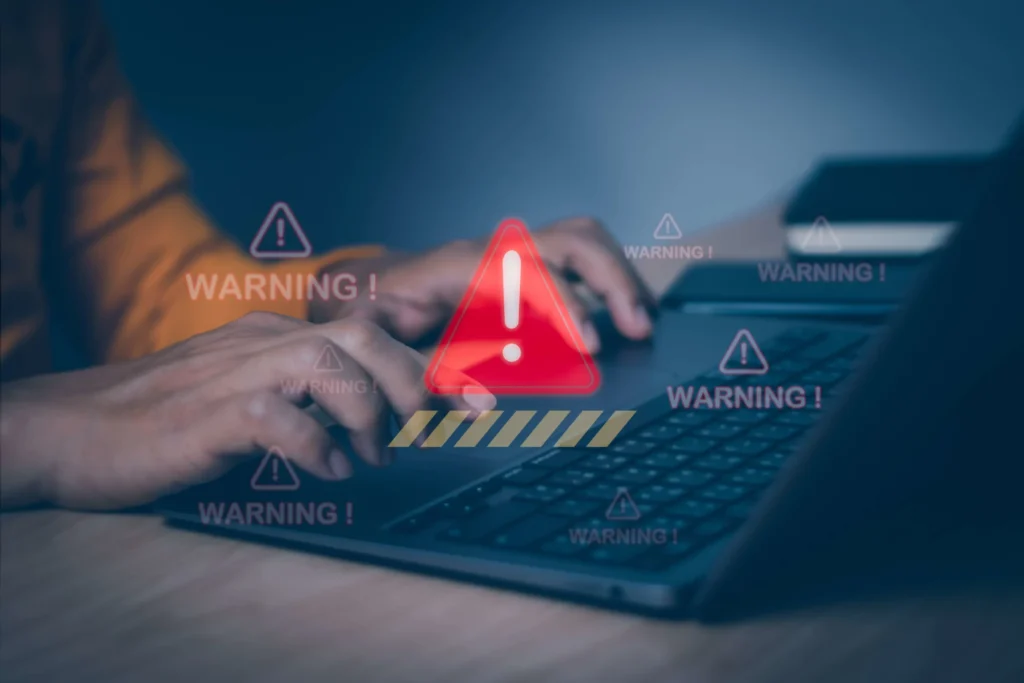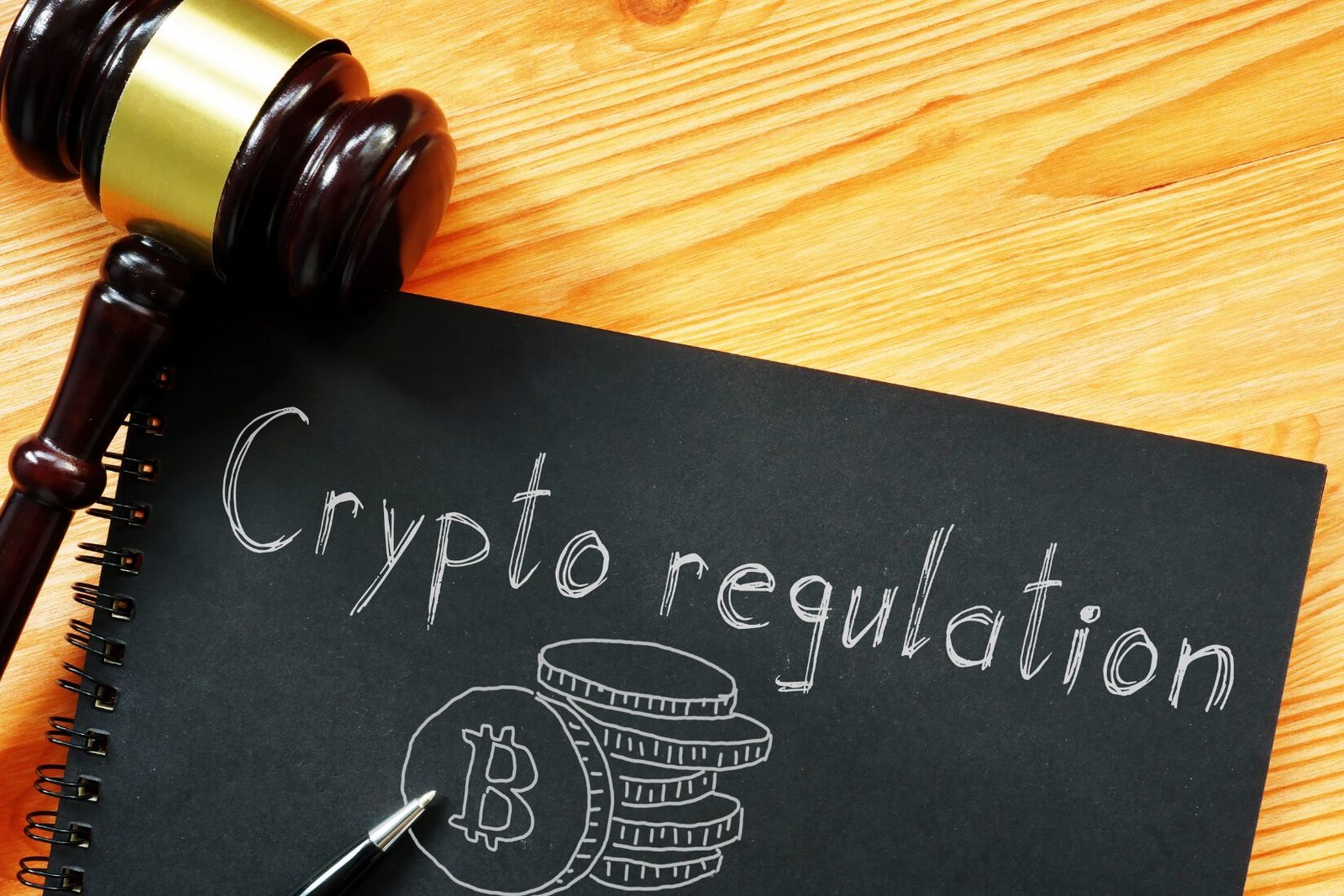Crypto payments in Thailand are having a moment—but whether that’s a good thing? Well, it depends on who you ask.
While many see it as a progressive move, there’s growing concern that some Thai businesses are jumping in a little too fast. Crypto may feel like the future—but let’s be clear, 2025 isn’t without its warning signs.
So what’s really going on beneath the surface of this trend?

The Growing Use of Crypto Payments in Thailand (and Why That’s Risky)
Across Bangkok, Chiang Mai, and Phuket, crypto payments are no longer just a novelty. A café that takes USDT? Not rare. A real estate firm offering prices in ETH? Yep, that’s happening.
From a business standpoint, it makes sense. Crypto attracts young, digital-native customers. It’s international. It’s fast. But here’s the rub: few of these businesses have real infrastructure in place to handle the complexity behind crypto—especially when things go wrong.
One misconfigured wallet, a bad actor exploiting a vulnerability, or an unexpected drop in token value—and a business can be left scrambling.
As one Bangkok-based restaurateur put it, “We added crypto payments because tourists asked. But honestly? I’m still not sure how safe it is.”

Credit from : AvaTrade
Crypto Payments Thailand: Legal Gray Zones Still Linger
Now let’s talk compliance. Yes, crypto use for payments is technically allowed in Thailand. The SEC has issued clear rules about trading, licensing, and advertising. But when it comes to real-world transactions?
That’s still a patchwork.
Prices must be listed in baht. Records must be kept. Businesses need to prove due diligence. And if you’re accepting crypto from foreign customers, cross-border tax rules may apply.
It’s not illegal—but it’s also not fully supported by clear day-to-day guidance. That leaves a lot of smaller operators navigating the space without legal counsel or proper protocols. And that’s… not ideal.

Fraud, Wallet Risk, and Tech Hiccups
Unlike credit card systems, which offer fraud protection and customer support, crypto payments are irreversible. Send funds to the wrong address? That money is gone. Wallet hacked? No one’s reversing the damage.
Despite improvements in wallet security and user interfaces, crypto remains technically demanding. Businesses accepting it are placing a lot of trust in QR codes, mobile devices, and customers who—let’s face it—might not always know what they’re doing either.
Some shops use third-party payment apps or aggregators to streamline it. But many stick with DIY wallet-to-wallet systems, which offer zero recourse in a dispute.

Crypto Isn’t Always What It Seems
Another overlooked issue? Volatility. Stablecoins like USDT and USDC are meant to hold their value—but even they’ve shown cracks under pressure. And when tokens fluctuate, pricing becomes inconsistent, confusing, and—sometimes—unfair to either party.
Add to that the possibility of scams, spoofed wallets, and phishing attacks (yes, they’re happening here too), and you’ve got a payment method that, while innovative, still carries significant baggage.
One resort manager in Phuket noted, “It’s cool in theory, but we’ve had more trouble training staff than actually getting crypto payments. So far, maybe 3 guests have used it.”

Crypto Payments Thailand: Not a Scam, But Not a Silver Bullet Either
None of this is to say crypto is bad. But it’s not a magic solution—and it’s certainly not without risk.
For early adopters in Thailand, it’s been a mixed bag. Some businesses have seen great PR and loyal new customers. Others have dropped the option altogether after quiet failures or complications.
Looking ahead, crypto might become more mainstream here—especially if regulators issue clearer payment guidelines and more consumers adopt stablecoins as cash equivalents. But today? Businesses need to move carefully.
There’s still too much uncertainty to treat crypto like a standard point-of-sale option. It’s experimental. It’s potentially risky. And for many, it might be a step too far—at least for now.
So if you’re a Thai business owner tempted by the buzz, just ask yourself: Am I ready for what comes with this… or am I just trying to follow a trend?





